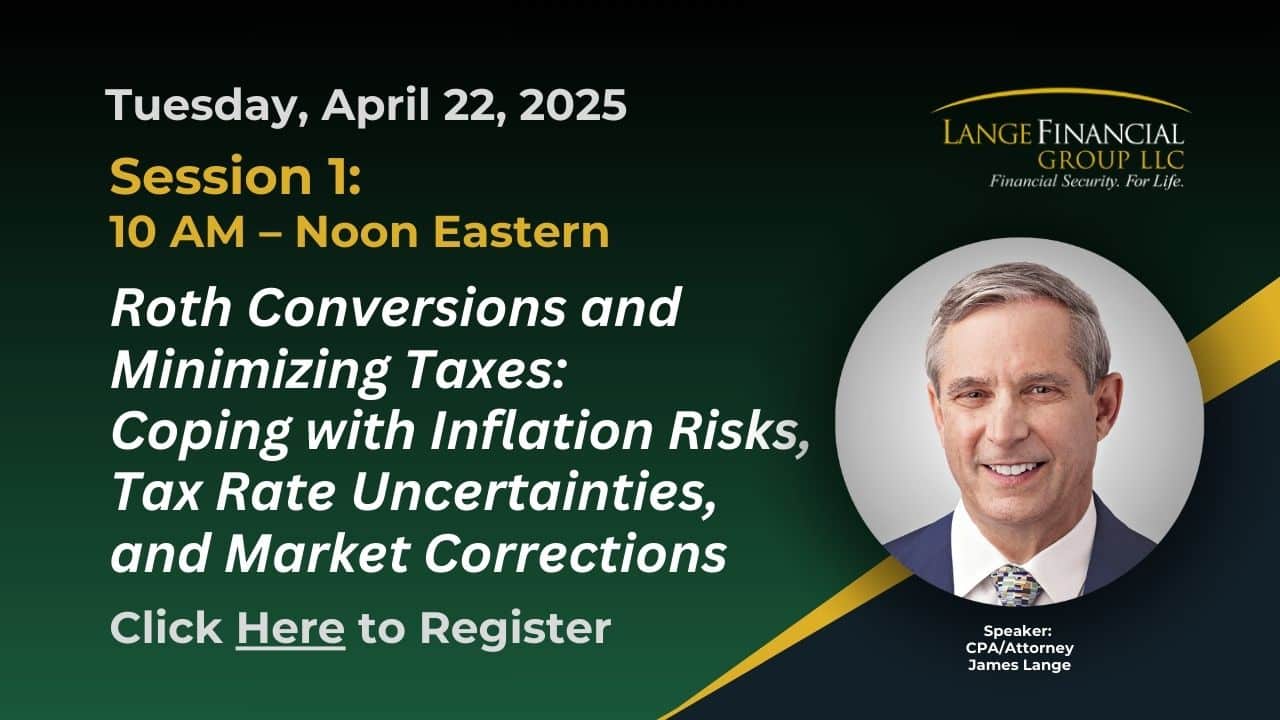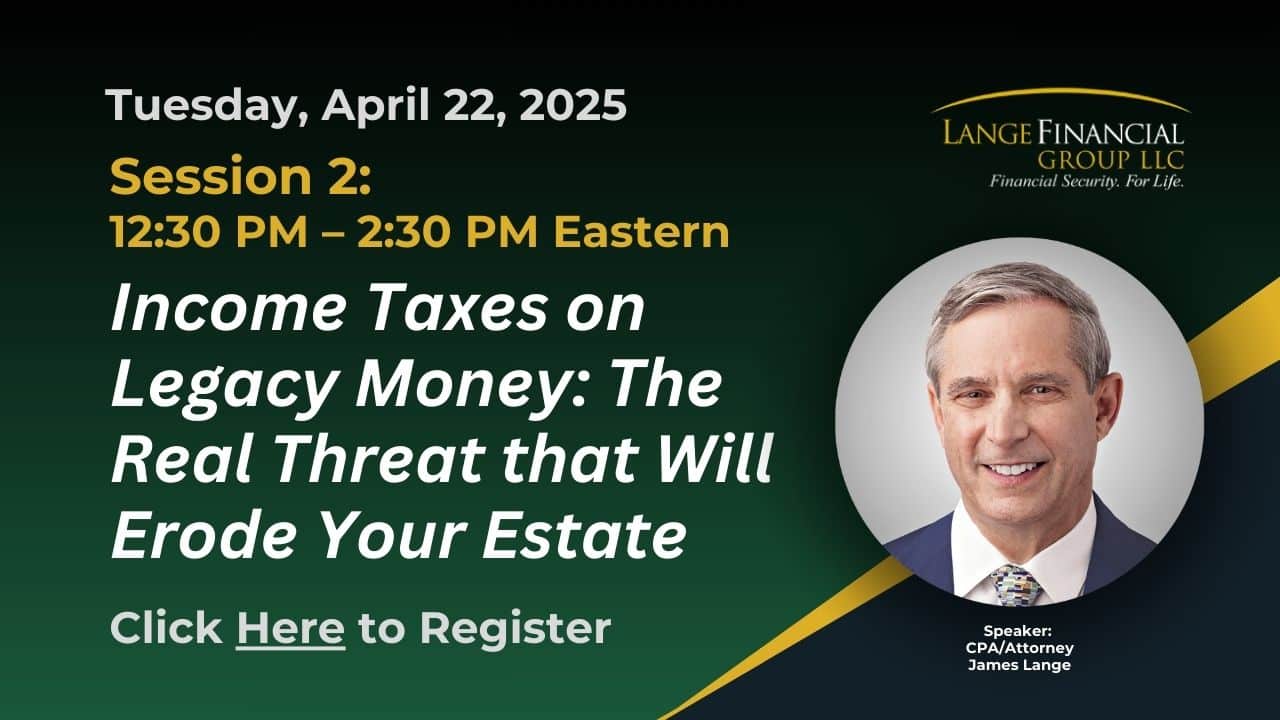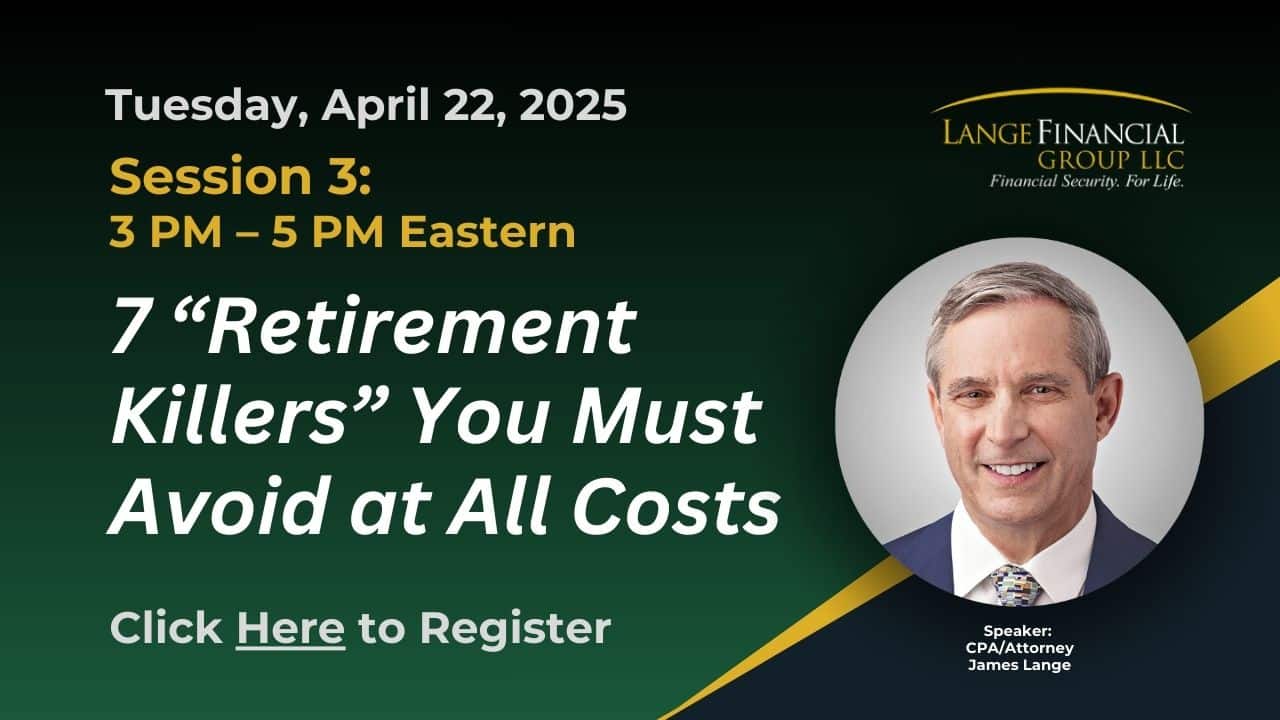

I will get to the investment recommendations later in this article, but first a few “out of the box” ideas:
News Fast for People Who Aren’t Happy with the Direction of the Country
Dr. Andrew Weil, a famous Harvard educated physician who is widely recognized as the “father of integrative medicine,” recommends a news fast. It isn’t clear to me that watching the constant stream of bad news on television or reading about it will change your behavior in a positive meaningful way. You can’t control the news.
News exposure might improve the quality of your arguments with someone who doesn’t support your political views, but that is likely a waste of your time and energy. To me, political arguments rarely lead to changing anyone’s mind but do put an undue strain on the relationship.
Remember, the news is an industry too, and fear drives viewership and readership. They have an incentive to keep us watching and reading. To make it worse, we as humans tend to give more weight to bad news than to good news. So, I conclude there is little benefit of immersing yourself in bad news. What I fear is the negative impact.
If you spend too many waking hours consuming bad news, those problems will command too much “mind share” and will make you a less happy person. As author Esther Jno-Charles says: “What you focus on expands.”
Back to More Traditional Advice
According to a March 10, 2025, Reuters article, a barrage of new policies has increased uncertainty for businesses, consumers, and investors. The S&P is down over 9%, which is over $4 trillion lower since its February high. Warren Buffett has sold approximately $143 billion worth of U.S. stock holdings.
Many of my clients, obviously worried, turn to me and ask, “In the face of the recent downturn and everything else that is going on, should I change my investment strategy?”
Here is My Response
It seems a time-honored tradition that Republicans feel the market is going to hell when a Democrat is elected president. They get out of the market and lose money. Democrats do the same when a Republican gets elected. They also lose money.
The rule of thumb, endorsed by most knowledgeable experts, including Warren Buffett, has been: “Don’t let your politics interfere with your investments.” However, even the people who accept this premise argue, “But isn’t it different now?”
They say that if Republican presidents Reagan, the two Bushes, and even first-term President Trump were currently in office, they could listen to Buffett’s classic advice. But with what some perceive as no control over President Trump and Elon Musk, are circumstances truly different? Maybe.
I have no special knowledge that the experts don’t have. Financial analysts today are not stupid. They are, in fact, very smart and have access to extensive data processing resources. Beating them is tough. Few investment advisors beat the market. All the factors that most of us could argue are imperiling the market are well known to the analysts who help set market rates today. In this situation, I have no compelling reasons to let my fear or politics interfere with my investments.
What, If Anything, Should I Do?
I am convinced of this: it is a good time to review your general asset allocation and asset location strategies (please see chapter 22 in Retire Secure for Professors and TIAA Participants to read more about asset location). The review should focus on whether your allocations are in line with your long-term goals and risk tolerance.
Your risk may be affected by a downturn more than a good market. Personally, I fear higher inflation as well as other economic fears. Unfortunately, we have no crystal ball, nor does anyone ring a bell when the market is at the bottom or the top. So, I am currently listening to our money managers who are encouraging me to hold the course.
One More Thing...
Whether you should alter your retirement and estate planning strategy is the primary topic of our upcoming April webinars. I encourage you to attend at least one of our three sessions. Please see the webinar details on pages 2 and 3.
Changing Government Priorities is a Far Cry from Eliminating Waste
We read about proposed massive spending cuts in a variety of programs. Let’s take the proposed $880 billion or more in potential reductions to federal Medicaid spending. Does anyone really believe that after the cuts the program will be able to provide services and funding at the level prior to the cuts? Not likely.
Of course there is government waste. But the reality is if there are massive cuts in government funding of Medicaid or in most anything else, there will also be massive cuts in services and/or financial support. That goes so far beyond eliminating waste. The cuts to the EPA and the support for the fossil fuel industry are not just about cutting waste but changing the overall priorities of the United States. How will that affect the market? Some stocks will rise, others will fall. The net effect is beyond my skills to predict.
It is important to note that Medicaid is not just for low-income families or children. Over 12 million people with Medicare also rely on Medicaid to fill coverage gaps and help pay for essential benefits that traditional Medicare does not cover. This means that if Medicaid is cut, older Americans who rely on it for copays, long-term care, and services like vision, hearing, or dental might effectively see their Medicare coverage reduced—since Medicaid helps shoulder costs that Medicare does not.
As a parent of a child with a disability who does receive government benefits, and as a professional trying to support parents in my situation, I am naturally against these cuts. Will our daughter continue to get the same quality medical care for the same costs as well as direct financial support as before the cuts? Of course not.
So, What's the Bottom Line?
I am urging people to review your asset allocation, asset location, and your overall retirement and estate plan. This is especially important if you or someone you are supporting is dependent on government services.
“...appropriate retirement planning, including asset allocation and location,
is more important than ever.”
Long-Term Financial Planning in the Face of
Economic Uncertainty and Jittery Markets
Strategies Million-Dollar IRA Owners Can Implement Now
to Help Protect & Build Their Retirement Nest Eggs
Workshops are for high-net-worth individuals seeking to optimize their retirement and estate planning strategies in an ever-changing economic and political landscape.
Tuesday, April 22, 2025
Register to attend 1, 2, or all 3 Free Webinars at:
If you are married, both spouses are encouraged to attend.
Register today and you will qualify to receive a free hardcover copy of Jim’s book, Retire Secure for Professors and TIAA Participants. Please note: 90% of the content of the book is for all IRA and retirement plan owners. The book enjoys 74 glowing testimonials on Amazon.
It's entirely understandable to be concerned about how the election results could affect your long-term financial planning. The pressing question will be: Should you alter or adjust your current retirement and estate planning strategies in response? Our upcoming workshops will offer our premiere strategic advice.
Empower Yourself in These Uncertain Times
We've identified the best financial strategies for two critical areas:
- Income tax planning, including Roth IRA conversions.
- Optimal post-election estate planning.
Here we present our best assessment of where you can take decisive action now. These strategies are designed to help protect your wealth and enhance your family's financial well-being—both immediately and in the long term.
It’s also important to realize this isn’t just about responding to the election results. Potential changes on the horizon will be determined by Congressional action—or inaction—in addition to executive decisions.
By attending these workshops, you'll gain actionable insights and practical strategies to help protect and grow your wealth―regardless of U.S. politics, stock market volatility, recession, inflation, and geopolitical instabilities.
Result: You can empower yourself to make more informed financial decisions that benefit you and your family for many years to come.
Session One: 10 am – Noon (Eastern)
Roth Conversions and Minimizing Taxes:
Coping with Inflation Risks, Tax Rate Uncertainties, and Market Corrections
Income Tax Policy: Navigating Potential Tax Increases
The impending sunset of the Tax Cuts and Jobs Act (TCJA) of 1997 is effective January 1, 2026. This means that, unless Congress acts, income tax rates will revert to higher 2017 levels. Before the election we were advocating aggressive Roth conversions before the tax increase. Now, there is serious question as to whether we will have a tax increase before 2028 or beyond. This shift could significantly impact your financial well-being going forward.
In this session, we’ll introduce you to battle-tested, proven retirement planning strategies that work, with a special emphasis on Roth IRA conversions.
In this session, you'll discover:
• Proactive Multi-Year Tax Planning: How to develop the ideal long-term Roth IRA conversion plan, especially after a major tax hike seems less likely.
• Prepare for potential tax rate volatility.
• Asset Diversification for Tax Optimization: How to move a portion of your taxable investments (IRAs and other retirement plans) into tax-free environments of not only your Roth accounts, but 529 plans and your children's Roth IRAs and Roth 401(s). Note: This shift could potentially be more valuable to your children than making Roth IRA conversions directly in your own accounts.
Foundational & Advanced Roth Conversion Techniques including:
• Optimal Timing for Roth Conversions: The peer-reviewed math behind the best timing strategies.
• The Back-Door Roth IRA: How to contribute to a Roth IRA even if you exceed income limits.
• Benefiting from SECURE Act 2.0: How individuals born between 1951 and 1959 can profit from recent legislative changes.
• Tax-Free Transitions: How to convert after-tax dollars in retirement plans to a Roth IRA at no cost, potentially saving hundreds of thousands in taxes down the road.
• Inherited Retirement Plan Strategies: How to convert an inherited retirement plan to a Roth at your beneficiary’s tax rate after you die—a little-known strategy with big tax savings for those who qualify.
Session Two: 12:30 – 2:30 pm (Eastern)
Income Taxes on Legacy Money: The Real Threat that Will Erode Your Estate
Estate Planning Strategies: Preserving Your Legacy
Estate planning involves not only potentially saving estate and inheritance taxes, but also the far more likely problem: income taxes.
Many middle- and higher-income taxpayers will get clobbered with more income taxes at death, too.
In this session, you'll learn:
• Lifetime Gifting Strategies: How increasing lifetime gifts to your heirs now can reduce future tax burdens and provide financial assistance when it's most impactful for your loved ones. This approach isn't just about tax savings; it's also about enriching your family's lives today.
• Who Gets What? Strategy: A rarely discussed method that evaluates the tax consequences of leaving differing types of assets to children in different tax brackets. We will cover a similar strategy for charitable giving. By optimizing your strategies, you could save hundreds of thousands of dollars in taxes.
• State-Level Tax Considerations: Techniques to protect your wealth from potential increases in state-level income taxes, as well as inheritance and estate taxes. State taxes can significantly impact the assets your heirs receive, so proactive planning is essential.
Social Security: Maximizing Your Lifetime Benefits including:
• Risk and Reward Delaying Benefits: Are the risks of benefits cuts and dying young sufficient to take Social Security before 70 for the primary wage earner? And if you take Social Security before 70, can you stop it?
Or should you delay taking your Social Security benefits to significantly increase your lifetime payouts, potentially by hundreds of thousands of dollars?
• Integrating Social Security into Your Retirement Plan: Strategies to incorporate Social Security strategy impact other areas of your planning. Learn how synergistically timing your Social Security benefits and Roth conversions can enhance your financial security.
Session Three: 3 – 5 pm (Eastern)
7 “Retirement Killers” to Avoid at All Costs
Jim spent 40 years guiding thousands of clients through the intricacies of securing their financial futures. Over the years, he has identified recurring patterns of costly planning mistakes. We aim to help you avoid these common mistakes and provide you with sound professional advice. Here's a sneak peek at two of the critical mistakes we will explore:
- Allowing Lifelong Habits and a Depression Era Mentality to Blindside Effective Planning.
Accumulating money for retirement is a great objective. But, continuing to accumulate more and more money until you die is not necessarily advisable, and has at least three unfortunate consequences:
- Retirement with fewer rewarding and enjoyable experiences, including missed family vacations.
- Missed opportunity to provide heirs with financial assistance when they really need it.
- Potentially huge tax burden for your children that could have been largely avoided with good planning.
Making this retirement planning mistake can undo many years of diligent saving and hard work. We will discuss how to balance saving with spending and explore ways to use your wealth effectively during your lifetime and passing it on after you are gone.
- The Missing Link: The Discrepancy Between the Terms of Your Will & Your IRA Beneficiary Designations
Did you know that with IRA and other retirement accounts, the beneficiary designation—which you quickly filled out, without much thought, when you opened the account--supersedes the instructions in your will or trust?
We will show you the actions to take to correct this mistake—so that the assets in your IRA and retirement accounts go to the beneficiaries you intend. Join us for this informative and engaging workshop to discover the most common estate planning mistakes and how to protect yourself against each.
Reserve your virtual seat today for these timely and informative webinars on:
Tuesday, April 22, 2025
Register to attend 1, 2, or all 3 Free Webinars at:
Disclaimer: Lange Accounting Group, LLC offers guidance on retirement plan distribution strategies, tax reduction, Roth IRA conversions, saving and spending strategies, optimized Social Security strategies, and gifting plans. Although we bring our knowledge and expertise in estate planning to our recommendations, all recommendations are offered in our capacity as CPAs. We will, however, potentially make recommendations that clients could have a licensed estate attorney implement.
Asset location, asset allocation, and low-cost enhanced index funds are provided by the investment firms with whom Lange Financial Group, LLC is affiliated. This would be offered in our role as an investment advisor representative and not as an attorney.
Lange Financial Group, LLC, is a registered investment advisory firm registered with the Commonwealth of Pennsylvania Department of Banking, Harrisburg, PA. In addition, the firm is registered as a registered investment advisory firm in the states of AZ, FL, NY, OH, and VA. Lange Financial Group, LLC may not provide investment advisory services to any residents of states in which the firm does not maintain an investment advisory registration. Past performance is no guarantee of future results. All investing involves risk, including the potential for loss of principal. There is no guarantee that any strategy will be successful. Indexes are not available for direct investment. If you qualify for a free consultation with Jim and attend a meeting, there are two services he and his firms have the potential to offer you. Lange Accounting Group, LLC could offer a one-time fee-for-service Financial Masterplan. Under the auspices of Lange Financial Group, LLC, you could potentially enter into an assets-under-management arrangement with one of Lange’s joint venture partners.
Please note that if you engage Lange Accounting Group, LLC and/or Lange Financial Group, LLC for either our Financial Masterplan service or our assets-under-management arrangement, there is no attorney/client relationship in this advisory context.
Although Jim will bring his knowledge and expertise in estate planning to this workshop and to the meetings, it will be conducted in his capacity as a financial planning professional and not as an attorney. This is not a solicitation for legal services.



